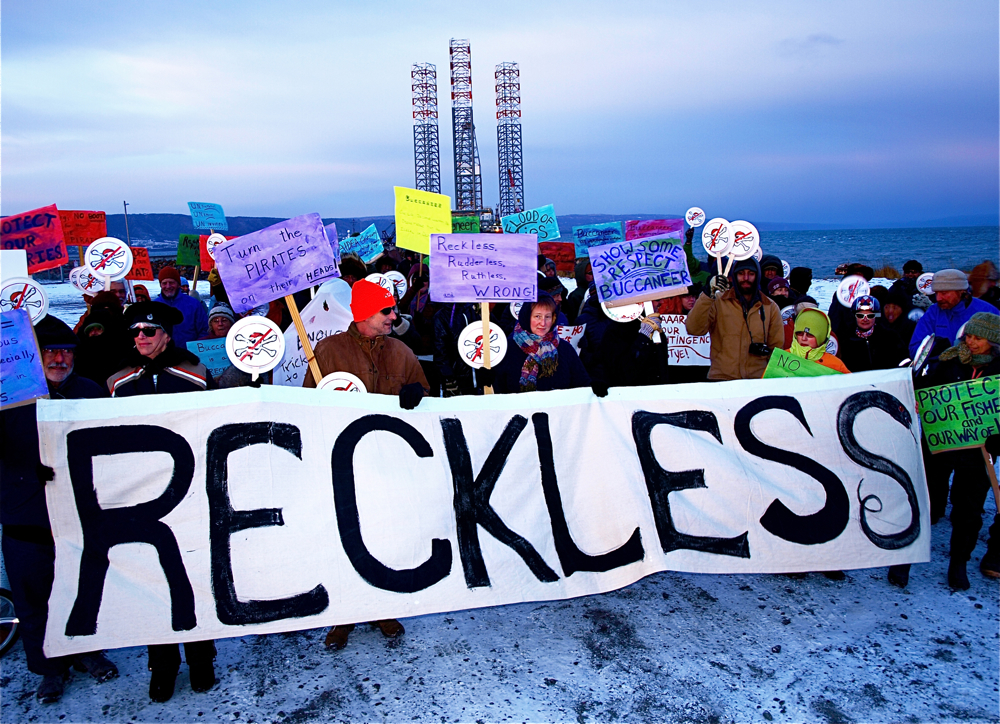Texas Billionaires Abandon Alaskan Coal-Mine Project
By: Lesley Adams

Alaska is blessed with wild and spectacular natural amenities, but logging, mining and other extractive industries have long taken a toll on its landscape and waterways. It’s a state where the fossil-fuel industry exercises a lot of power and control. In south-central Alaska, however, Cook Inletkeeper is pushing back hard, and often winning.
In a big blow to fossil fuels, PacRim Coal announced on April 3rd that it is packing up its plans to mine through 14 miles of wild salmon stream on Alaska’s Chuitna River to create the largest strip-mine in Alaska. The company, which is owned by Texas billionaires and incorporated in Delaware, sent a letter to the U.S. Army Corps of Engineers saying that it had “decided to suspend pursuit of permitting efforts on the Chuitna Coal Project.”
Since the company began pursuing permits in 2006, Cook Inletkeeper and partners have tenaciously opposed the Chuitna Coal Project and warned of the precedent it would set as the first such project to mine directly through a wild salmon stream — trading away a renewable resource for a non-renewable one. Wild salmon are a vital part of Alaska’s culture and economy, providing families and communities with sustainable jobs and healthy food.
Coal from the Chuitna project would have been exported to Pacific Rim coal-fired power plants, which release toxic mercury that travels through atmospheric and oceanic currents to Alaska, elevating levels of mercury found in its ocean fish.
As part of their decade-long battle against the Chuitna mine, Cook Inletkeeper released a report in 2011 on the potential economic costs and benefits of the Chuitna coal mine. That report found that economic and environmental damages to fisheries, ecosystems, air, climate and water quality could cost Alaska $2 billion in economic losses during the life of the project.
“We hope [they] will finally recognize that coal is a resource of the 19th century, and not something to invest in for the future,” said Carly Wier, executive director of Cook Inletkeeper. “PacRim seems to be making calculations that coal companies all over the world are making: times are changing and coal is no longer a profitable commodity.”